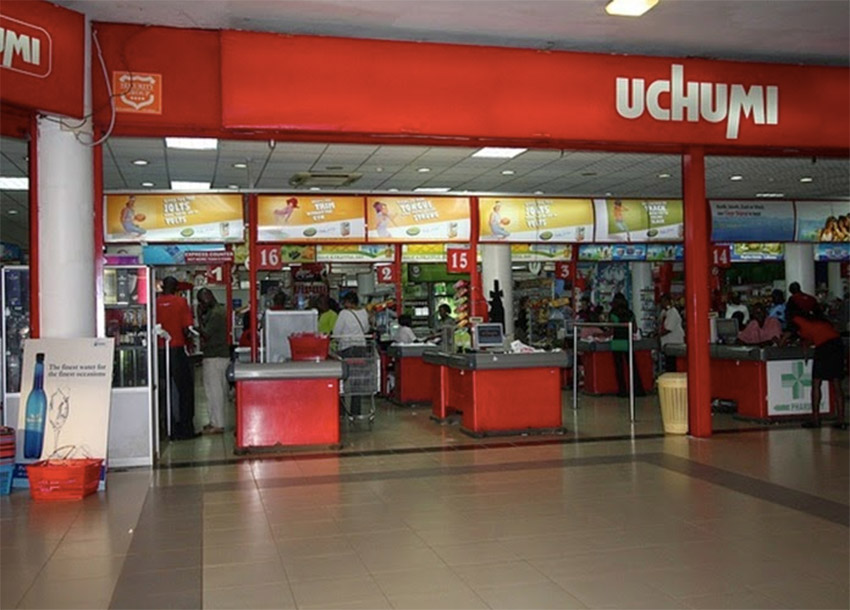Uchumi has been granted an additional 30 days by the High Court and Tax division in order to get into talks with banks over the settlement of outstanding loans advanced to the company.
This was a result of the full acceptance of the supermarket’s Company Voluntary Agreement (CVA) which was approved by the Capital Markets Authority.
The agreement aims to find a new strategy for business continuity and overall debt restructuring.
According to Mr. Mohamed Mohamed, Uchumi’s Chief Executive Officer, the extension is a good opportunity as it will give the troubled company time to execute its recovery strategy. The CVA decision had been supported by the company’s Board of Management following the continued litigation by creditors and had the company’s suppliers agree to the terms of its voluntary agreement and had their lenders subscribe to the same terms too.
The CVA entails the company’s debt restructuring proposal under the code name “Project Mara”, and it states that banks should trim 50% of the outstanding credit that Uchumi owes them as it restructures the repayments of its outstanding total debt over the course of the next five years.
Uchumi lenders include Kenya Commercial Bank (KCB), Cooperative Bank, the government and the Industrial Commercial and Development Cooperation (ICDC).
Uchumi’s trade creditors, especially suppliers, agreed to a 30% cut for goods supplied and further discounting an additional 40% of the outstanding payments into non-cumulative, convertible preferential shares at the firm.
The firm further says it is adopting a franchise model set to be implemented in six of its remaining 10 outlets with the aim of lowering operational costs and generate alternative revenue sources.
According to the company’ s revenue projections, Uchumi is set to break even on the debt restructuring program in June 2024 with its outlets generating an average of 18% gross profit per annum.
Uchumi also hopes to raise about Ksh 1.7 billion from the sale of its 20-acre plot in Kasarani and help the company offset its partial Ksh 1.4 billion payment to creditors.
Uchumi’s liabilities and equities outweighed assets by Ksh 14.8 billion thus the creditors did not implement the disposal of Uchumi’s current assets as it would only recover 6.8% of the balance sheet.
Uchumi’s troubles were first realised in 2006, when the company was placed under receivership. It has since been receiving litigation suits from its suppliers.
Uchumi was first incorporated in December 1976 and the government took a 40% stake through a 1992 Initial Public Offer before giving a further 8.4% stake to the government between 1995 and 1996.
Related;




